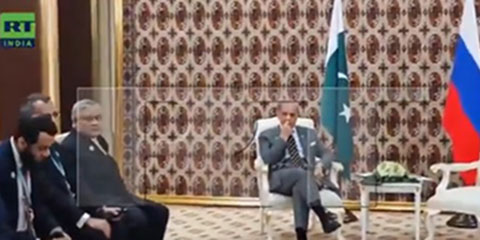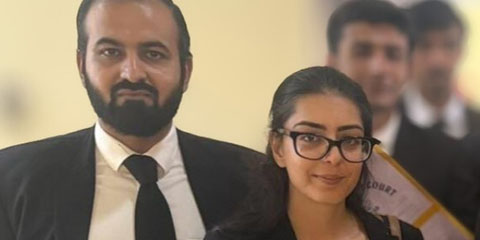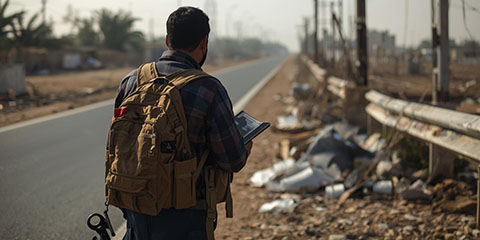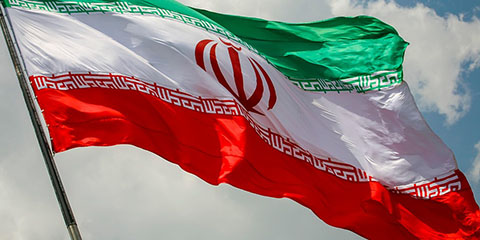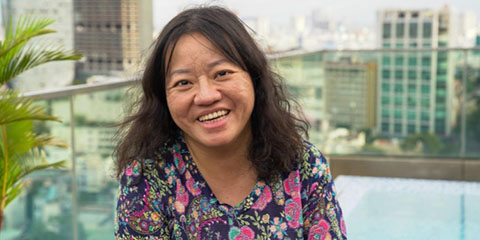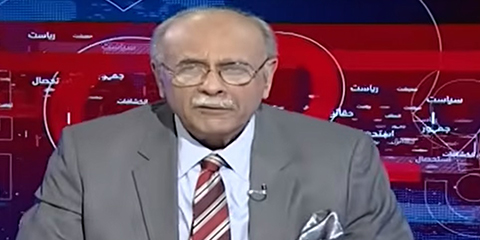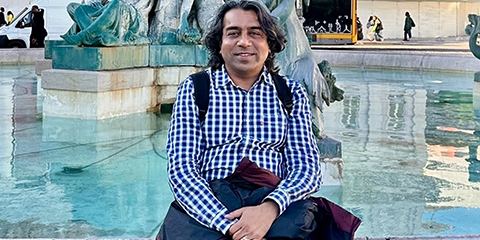BBC News Pashto Instagram channel revamped to serve female audiences
JournalismPakistan.com | Published 5 years ago
Join our WhatsApp channel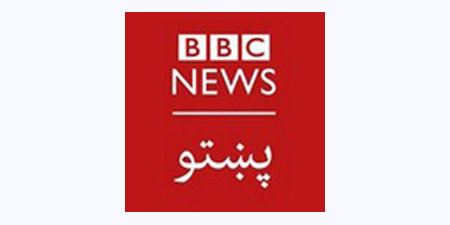
The BBC News Pashto channel on Instagram has been revamped to better serve women. The new-look BBC News Pashto Instagram account now focuses on issues that matter to female audiences in Afghanistan and around the world.
The all-women team behind the project is led by BBC World Service Women’s Affairs Reporter, Feranak Amidi, and includes Zuhal Ahad, Aalia Farzan, and Sima Sultani in Kabul, and Karima Nahimi, Sana Safi, and Mahjooba Nowroozi in London.
With a brief to deliver news, information, educational and entertaining pieces that women can directly relate to, the BBC News Pashto Instagram channel highlights the challenges faced by women from different walks of life.
Feranak Amidi comments: “Our aim is to provide women with a safe ‘microclimate’ on Instagram, where each one of them – irrespective of their social status and education – can feel represented, heard, and inspired. Be it a beauty salon owner’s take on the effects of the Covid pandemic, or a graphic explainer of what autism is and how to live with it – the revamped Instagram account will touch on every issue that matters to Pashto-speaking women in Afghanistan and across the region. We want it to be a trusted source of knowledge and support.”
With a chat on depression in simple, accessible Pashto, consultant psychiatrist in London’s Goodmayes Hospital, Dr. Khurshid Tabassum, will start the monthly series of mental-health explainers. The Instagram account will also feature inspiring women – from entrepreneurs and manufacturers to athletes and activists – who are pushing boundaries and trying to bring change. Another theme to be tackled – via testimonies from highly-qualified women – is the challenges they face as they try to get jobs.
The stylish, sleek new-look BBC News Pashto Instagram page has a distinctive visual identity featuring Afghan and regional cultural elements. It makes strong use of all available tools to tell its stories, and, to serve those who are illiterate, it employs audio and voiceovers where possible.
Editor of the BBC News Afghan service in Pashto and Dari, Meena Baktash, says: “BBC News Pashto reaches a weekly audience of 10.4m people in Afghanistan, Pakistan and elsewhere around the world. Instagram is very popular with women and, thanks to this revamp, our offer will be more relevant and more easily accessible to these audiences.”
In addition to Instagram, BBC News Pashto connects with its audiences via its website bbc.com/pashto, Facebook, and Twitter. The popular daily TV program, BBC Naray Da Wakht, is broadcast from London on Shamshad TV in Afghanistan and Mashriq TV in Pakistan, and is available on-demand globally, via the BBC News Pashto YouTube channel and Facebook page. Millions across Afghanistan start and end their day with the BBC News Pashto radio programs on FM stations across the country.
BBC News Afghan service in Dari and Pashto is part of the BBC World Service which delivers news content around the world in English and 41 other language services, on radio, TV, and digital.- A BBC media release






